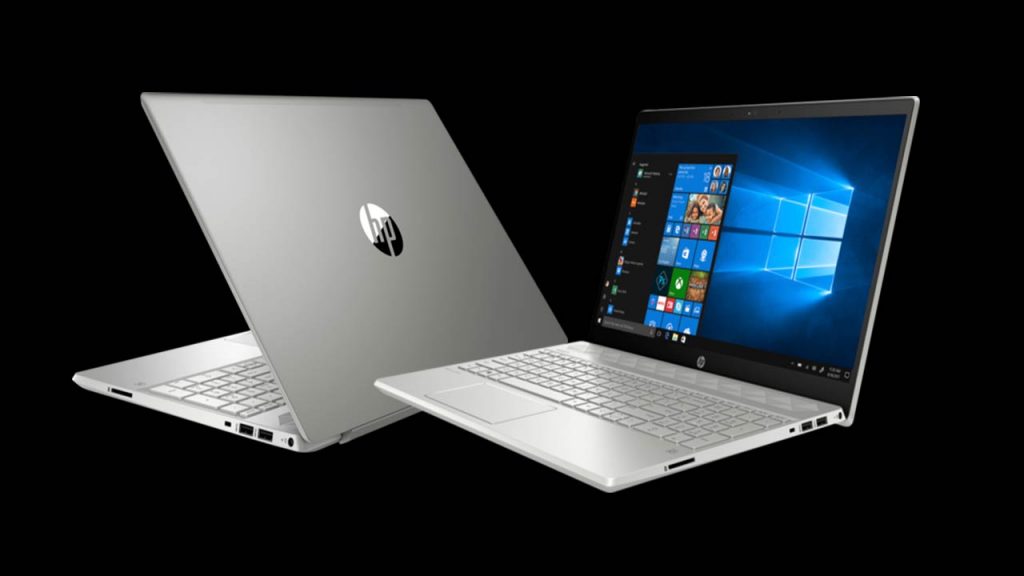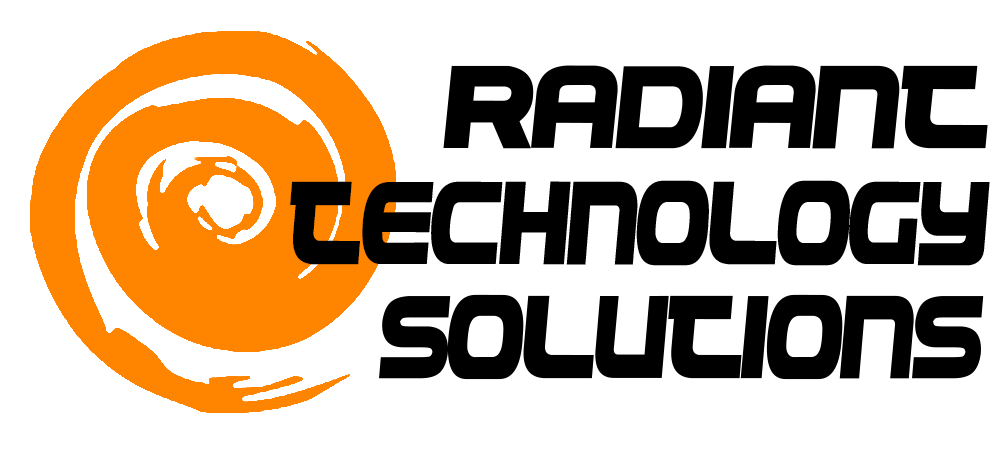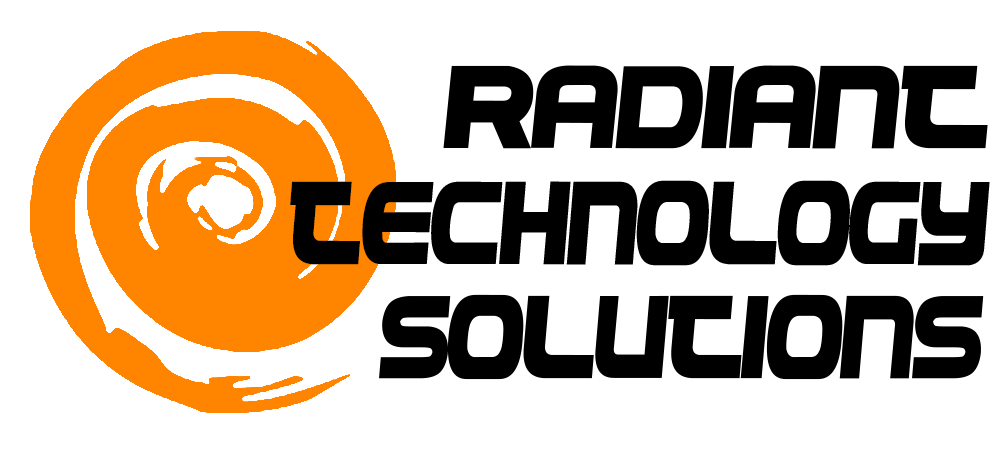
Picking The Right Computer
Imagine your employee is having problems with a 5-year-old computer. Whenever the employee starts their applications, they wait minutes for the program to load. Also, the computer shuts down or crashes while they are working on critical projects. The employee is frustrated with the computer and is asking for a new device.
When buying a computer for your business, you must consider the below specs:
- Portability: If the employee works outside the office or travels frequently, we advise using a laptop. Otherwise, a desktop is the best option, since it will be more affordable to buy and manage the device.
- Operating system: Most businesses use Microsoft Windows OS or Apple IOS. The employee should use the same operating system as the rest of the company. However, you may have to make an exception for an employee using apps incompatible with the preferred OS.
- Storage: Your computers hard drive stores your applications, documents, images, and video files. A business use computer needs at least 250GB-500GB of storage space depending on how much local storage is needed. Also, consider whether to use an HDD (Hard Drive Disk), SSD (Solid State Drive), or a combination of both. SSDs are more expensive but improve the speed of device boot up, file opening, and application run times. HDDs are cheaper and allow for higher volume storage but have slower start up and application run times.
- Memory: RAM (Random Access Memory) provides short-term memory apps need while they run on the device. We recommend a minimum of 8GB of RAM so they can multi-task between applications, view graphic intensive websites, and play videos. If some employees use demanding application suites such as Adobe or Autocad and need a huge number of programs open, we suggest at least 16GB of memory.
- Processor: The CPU (central processing unit) is a part that processes instructions within the device. For standard employees working with productivity apps, email, and streaming videos, the Intel Core i5 (or similar) will work well. For workers using graphic-intensive applications, the Intel Core i7 (or similar) is a fantastic choice.
- Graphics Card: If any employees work in Marketing, Graphic Design, or Engineering, they will need a graphics card. This card helps the device render high-resolution pictures, videos, and designs. Choose either NVIDIA or AMD graphics cards.
However, the cost of getting a new device can result in sticker shock. Unfortunately, some businesses tend to order something cheap on Amazon focusing more on price than specs. This tactic results in getting poor consumer-grade hardware that might include:
- Home versions instead of professional versions of software suites
- Lower end parts with reduced storage, memory, and processing power
- Little to no manufacturer support due to expired warranty, or the device is at the end of its service life
- Repairs completed with poor aftermarket products
Cheap hardware creates high costs and headaches for your business:
- If the device uses a home edition of Windows, your IT Support will need to upgrade to the pro version. Otherwise, the device will not be able to connect to IT system administration tools.
- The computer running slowly or breaking down.
- IT Support billable hours for device for maintenance and support.
- IT Support billable hours for the time spent contacting the seller and arranging for a return.
- Loss equipment costs if the seller does not accept returns.
- Your business may pay the manufacturer extra for extended support if the equipment has reached the end of life.
- If the manufacturer is no longer supporting the device and/or operating system, you may have to leave it off the network because it presents a high security risk.
Radiant Technology Solutions can prevent these headaches by assisting with company hardware purchases. Our technicians can coordinate these tasks:
- Discovering the needs of your business
- Searching for equipment that meets your required performance, network compatibility, and job function needs
- Reviewing the quote with your business
- Placing an order for the equipment
- Managing shipment status and handling the delivery
- Preparing the equipment by moving data, installing apps, and adding network printers
- Contacting manufacturer support if there are any issues
- Contacting the seller to return the device if it is defective
Radiant Technology Solutions can ensure your device purchases meet your businesses needs and budget.
Contact us today!
727-493-4723


